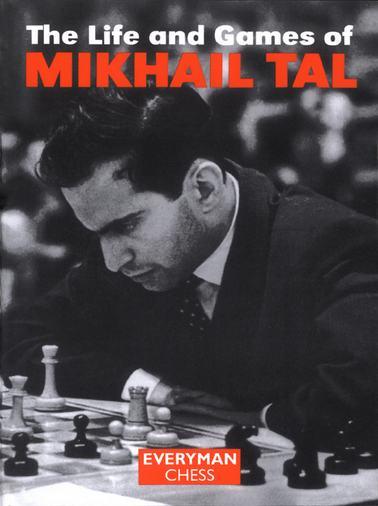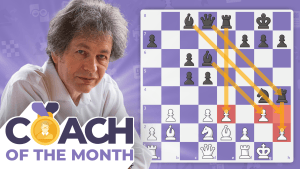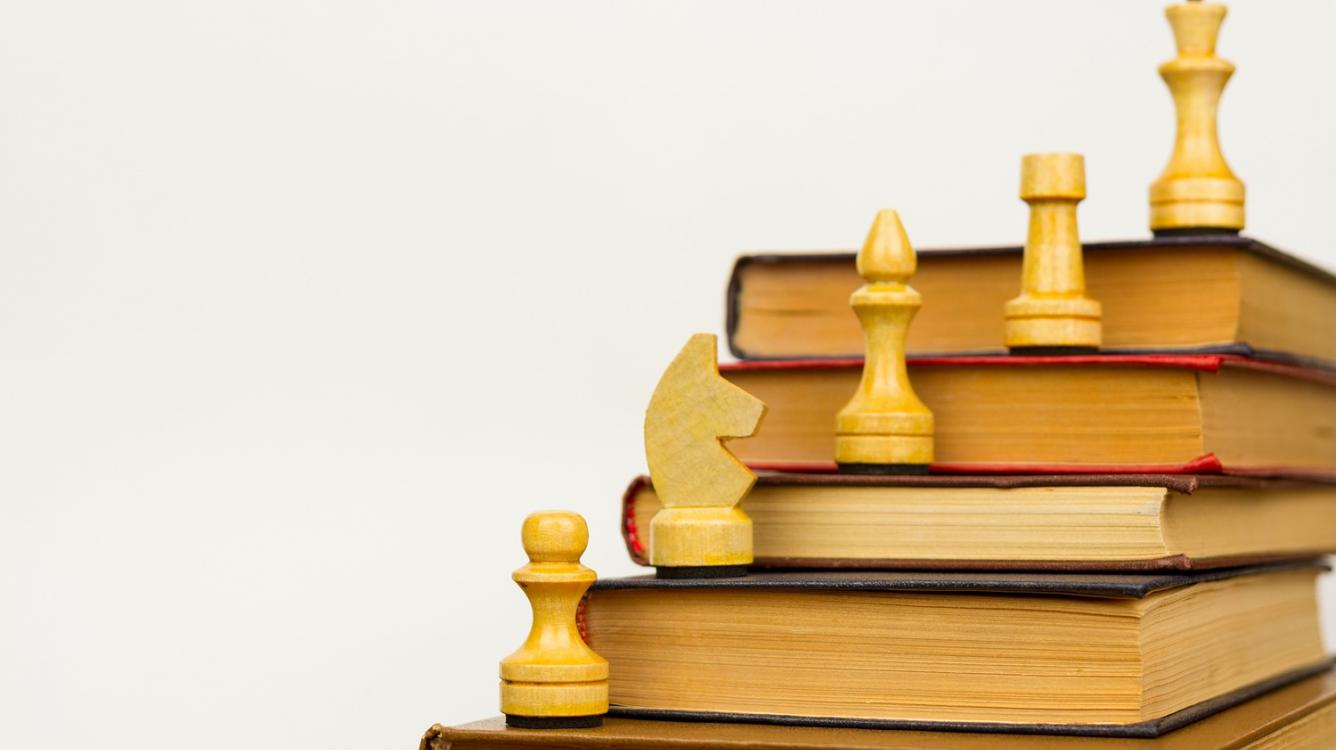
The Top 10 Chess Books Every Chess Player Should Read
Get your reading glasses out for this article!
The number of books written about chess is tremendous. While that can be great for the chess world, it poses practical issues for many fans. Most chess players have their own favorites, but how do you know which books belong on your shelf?
Here are the top 10 classic chess books that every fan should know.
- Bobby Fischer Teaches Chess by Bobby Fischer
- How to Reassess Your Chess by Jeremy Silman
- My System by Aron Nimzowitsch
- Zurich International Chess Tournament, 1953 by David Bronstein
- My 60 Memorable Games by Bobby Fischer
- Think Like a Grandmaster by Alexander Kotov
- Silman's Complete Endgame Course: From Beginner to Master by Jeremy Silman
- The Life and Games of Mikhail Tal by Mikhail Tal
- Karpov's Strategic Wins (two volumes) by Tibor Karolyi
- My Great Predecessors (five volumes) by Garry Kasparov
1. Bobby Fischer Teaches Chess by Bobby Fischer, Stuart Margulies and Don Mosenfelder
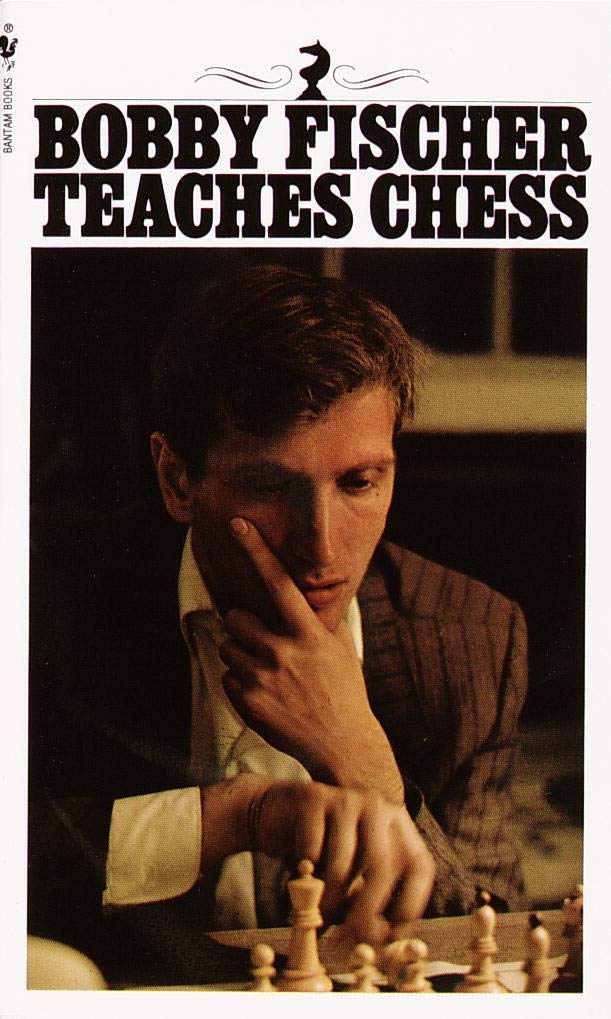
Learning how to play chess from one of the greatest players of all time proved to be effective for a generation of chess players. Bobby Fischer’s book remains one of the best-selling chess books ever. Even if you already know how to play chess, you should still own this classic. Lend it to family and friends who have always wanted to learn the game. Put a copy in your bag so you can hand it to a stranger in a coffee shop or while you’re playing at your local chess club. After all, the mass market paperback version is only about the cost of a fast-food meal!
The book covers everything from how the pieces move to basic checkmates and how to attack the opponent. Readers will go from knowing nothing about chess to being ready to play a game, and getting a game is relatively easy these days.
2. How to Reassess Your Chess by Jeremy Silman
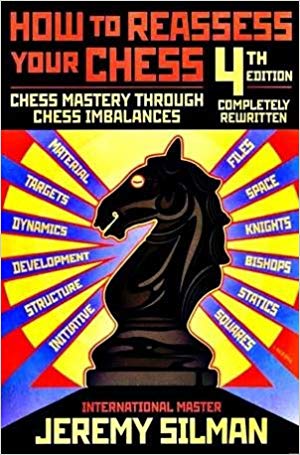
The ideas of positional chess and developing plans in the middlegame often elude chess players. This work covers the thought process behind middlegame plans and how to notice imbalances in positions. IM Jeremy Silman (@Silman), a world-class author, writes with humor and a deep understanding of amateur chess players’ shortcomings.
You can take a look at Silman’s beloved writing style by reading some of his articles on Chess.com. This book is known for its accessibility and is designed for a large range of players (1200 to 2000 strength). It's also a valuable tool for anyone returning to the game after taking a break. This classic has something for everyone!
3. My System by Aron Nimzowitsch
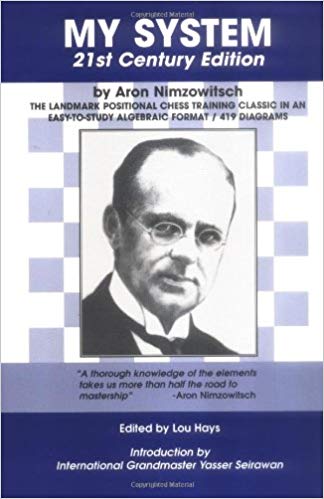
Aron Nimzowitsch's work is the prime example of a classic chess book. It has consistently remained in the top five best-selling chess books of all time, and has been a recommendation of grandmasters and trainers since 1925! This was one of the first works to be considered a handbook for positional chess, and it does a great job of introducing very important positional ideas (e.g. prophylaxis, pawn chains, blockading passed pawns, utilizing the center, etc.).
My System is aimed at a stronger target audience (1500-2200 strength), and some feel that it reads like a textbook (some people prefer this method for learning). Despite not being considered as accessible as other classics, this book is a must-own for any serious player.
4. Zurich International Chess Tournament, 1953 by David Bronstein
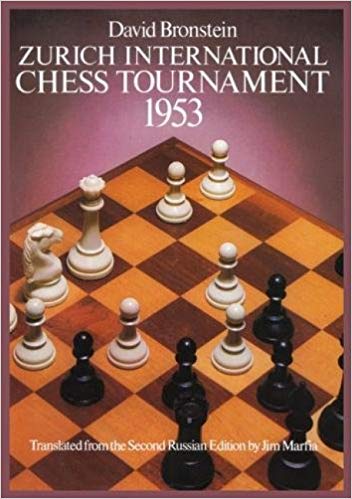
A strong candidate for the greatest chess tournament book of all time, David Bronstein’s classic examines the Candidates' Tournament leading up to the 1954 world championship match with Mikhail Botvinnik. It's not only a snapshot of top-level chess at the time but also a wonderfully written and well-annotated work. It's this combination that makes it a timeless classic.
Bronstein's writing and annotations are aimed at the average player, and the target audience of this book is 1200-2000+ strength. This fantastic and accessible piece of chess history checks off all of the boxes for a must-own book. If you're looking for more books that focus on super-tournaments of the past, check out Alexander Alekhine's two books New York 1924 and New York 1927.
5. My 60 Memorable Games by Bobby Fischer
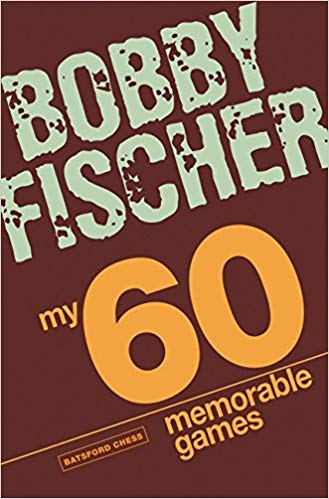
This book is one of the most obvious entries to the list. A lot of people put Bobby Fischer in their list of the top three chess players of all time, along with Garry Kasparov and Magnus Carlsen. A book of Fischer’s greatest games with his annotations is enough for any fan to own it. If you’ve never read the book, it lives up to the hype. Fischer offers clear and deep comments on his spectacular games. This best-selling chess book is somewhat of a manual for other game collection books (see #8 and #9 in this list!).
6. Think Like a Grandmaster by Alexander Kotov
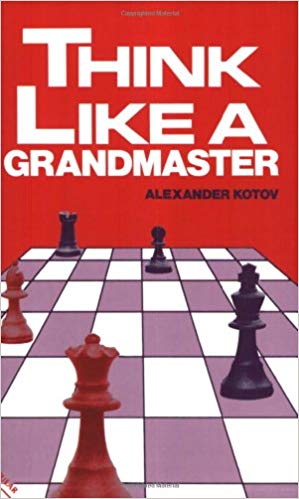
As the title suggests, Think Like a Grandmaster takes a look at the overall thought process in chess. Kotov discusses many important and practical aspects of chess, including the overall approach to the game and how to make decisions. He gives us tools for both tactical growth (analysis trees, candidate moves, and calculation exercises.) as well as positional growth (creating and implementing plans, pawn islands, weaknesses, tension, etc.). It's definitely aimed at advanced players (1600-2200+ strength) but is a strong classic nonetheless.
If you're looking for books that cover similar topics that are more accessible, take a look at John Nunn's Understanding Chess Moves, or Irving Chernev's Logical Chess: Move by Move.
7. Silman's Complete Endgame Course: From Beginner To Master by Jeremy Silman
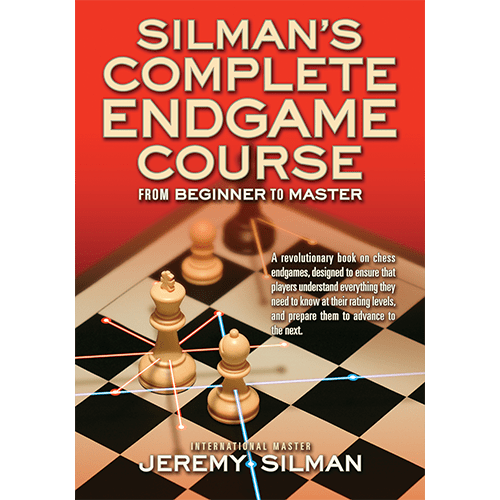
IM Jeremy Silman makes his second appearance in this top 10 list with his work on the endgame. The idea behind Silman’s well-known endgame book is simple: Players should only study endgames that they need to know for their skill level. It's easy to get bogged down studying complex endgames that rarely appear in your own play. If you happen to be a 1300-strength player, looking at heavily theoretical rook-and-pawn endgames probably isn’t the best use of your time.
There’s nothing wrong with that if endgames interest you, but to become a better chess player, you’re better off learning some basic and practical endgames that you will encounter in your own games. Silman's work gives you the guidelines, examples, and principles to learn what you need to know!
This widely accessible endgame work is meant for anyone who isn't already a strong player. For advanced players, Mark Dvoretsky's Endgame Manual (more of a reference work) and Mikhail Shereshevsky's Endgame Strategy are great next steps. For fans of former world champion Jose Raul Capablanca, there is Irving Chernev's Capablanca's Best Endings.
8. Life and Games of Mikhail Tal by Mikhail Tal

Need to add aggression and tactical prowess to your game? That’s only part of why someone should read this book. Mikhail Tal’s character comes through beautifully in this book, as you learn about his life and get a taste of Tal’s humor and passion. His engaging writing style alone has made this a fan favorite. Here's one of Tal's most famous and almost spine-chilling quotes: "You must take your opponent to a deep dark forest where 2+2=5, and the path leading out is only wide enough for one."
Don’t overlook this book for insight into Tal’s personality, attacking genius and some of the most vicious games you will ever see! If you are looking for more books on attacking players, take a look at Fire on the Board by Alexei Shirov. If you are seeking to improve your attacking abilities, another classic to consider is Vladimir Vukovic's The Art of Attack in Chess.
9. Karpov's Strategic Wins (two volumes) by Tibor Karolyi
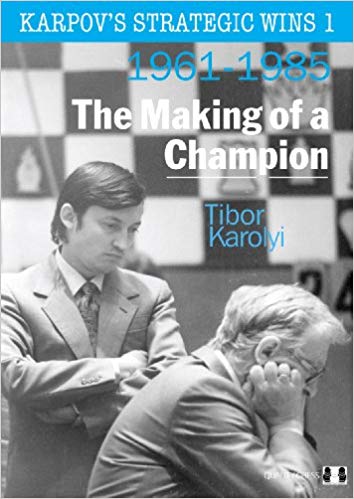
A top-10 classic chess book list cannot be complete without a game collection of a positional player. We have already discussed Fischer's and Tal's game collection books, but if you are seeking to learn the secret of positional play through game examples and clear analysis, then look no further! Karolyi's two-volume work on former world champion Anatoly Karpov is astoundingly deep, but also very accessible. The clear writing style pairs well with Karpov's seemingly simple, yet dangerous, boa constrictor style!
If you are looking for other game collections on positional players, check out Karpov's own work My Best Games or Harry Golombek's Capablanca's Hundred Best Games.
10. My Great Predecessors (series) by Garry Kasparov
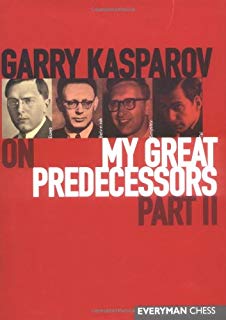
The five-volume set from Garry Kasparov contains analyzed games and background on chess history, starting from the first world champion (Wilhelm Steinitz). Having a chess giant like Kasparov discuss every world champion (and their challengers) while simultaneously giving his perspective on classic games is worth the price of admission.
Kasparov’s book doesn’t fail on either end of the spectrum. He delves into details of chess history in ways that make you want to sit back and simply read. Then, when you get to his deep analysis of the great games, you have top-tier instructional material to dive into. The My Great Predecessors series is an easy choice for virtually any top-10 chess books list.
What are your favorite chess books? Please let us know in the comments.
This list is the product of a great discussion between many Chess.com staff members recently, and is not meant to be taken as fact! Our own Colin Stapczynski put together our view on this debate, but if you disagree with the order or think we missed something please let us know your opinion in the comments below.

